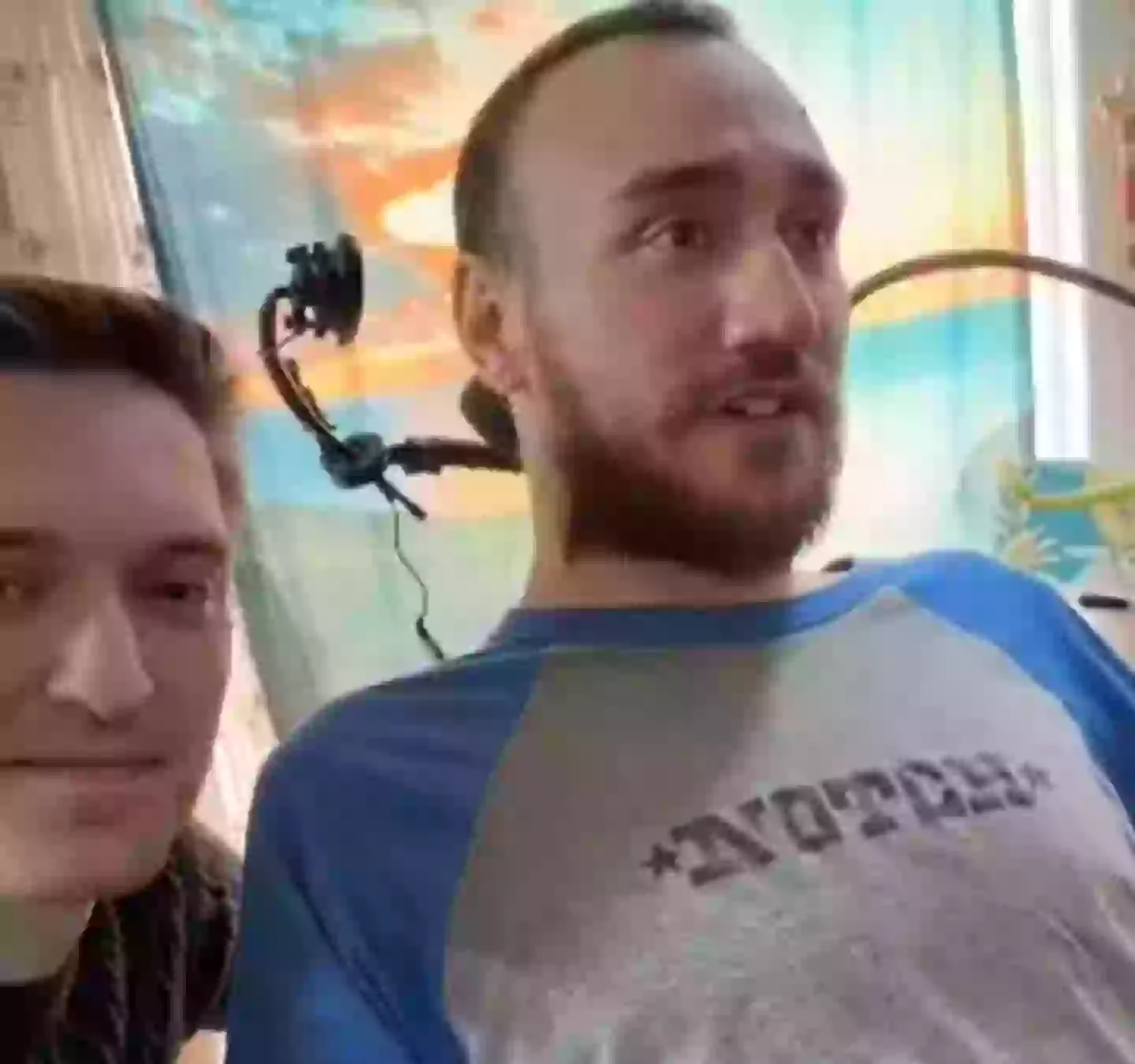
A divisive character, Elon Musk is at the forefront of some of the largest advances in the world - whether we like it or not.
From a future of travel without fossil fuels via Tesla or the future of commercial space travel in SpaceX, the South African billionaire is doing his bit to advance human technology.
And now, one of his more recent visions - implantable brain chips to help people walk again - is being rivalled by some of the biggest names in the world of business.
Through his company Neuralink, Musk is currently trialing an implanted brain chip that quadriplegic patient Noland Arbaugh has even used to play video games.
Advert
All being well, Musk claims the tech will allow paralysed people to do a lot more than play a video game, with an end game of allowing them to walk once more on the cards.
Taking to X, the social media company once known as Twitter that he bought for £44 billion, Musk posted: "Long-term, it is possible to shunt the signals from the brain motor cortex past the damaged part of the spine to enable people to walk again and use their arms normally."
Trials of the Neuralink device are now under way - just don't expect them to hit the shelves any time in the immediate future.

And he's not the only one, with Amazon founder Jeff Bezos and Microsoft's Bill Gates now entering the world of implantable brain tech.
Advert
The two billionaires have teamed up, offering financial backing as part of a wider $75 million to a company set to rival Musk's Neuralink.
The firm, Synchron Inc, began life back in 2012 as part of what is being called the brain-computer interface (BCI) industry.
Synchron is now launching an online registry for people who wanted to potentially be involved in its own trials, with company CEO Thomas Oxley saying 120 trial centres are keen to be involved.

The New York company will look at aspects similar to Neuralink, with a focus on patients who have mobility issues.
Advert
"There's a lot of interest so we don't want it to come in a big bottleneck right before the study we'll be doing," Oxley said.
And Synchron could even pip Neuralink to the post when it comes to producing a final product, with it reportedly further along in the long journey to getting a product ready for the public.
Seven patients have had devices installed across the USA and Australia, for one.
Oxley said: "I’ve seen moments between patient and partner, or patient and spouse, where it’s incredibly joyful and empowering to have regained an ability to be a little bit more independent than before.
"It helps them engage in ways that we take for granted."
Advert
Ultimately both are doing good, with an aim to help paralysed people use their limbs again, with a BCI interpreting brain signals across the body.
Topics: Bill Gates, Elon Musk, Jeff Bezos, Money, Science, Technology, US News, World News, Health, Amazon, Microsoft, Tesla